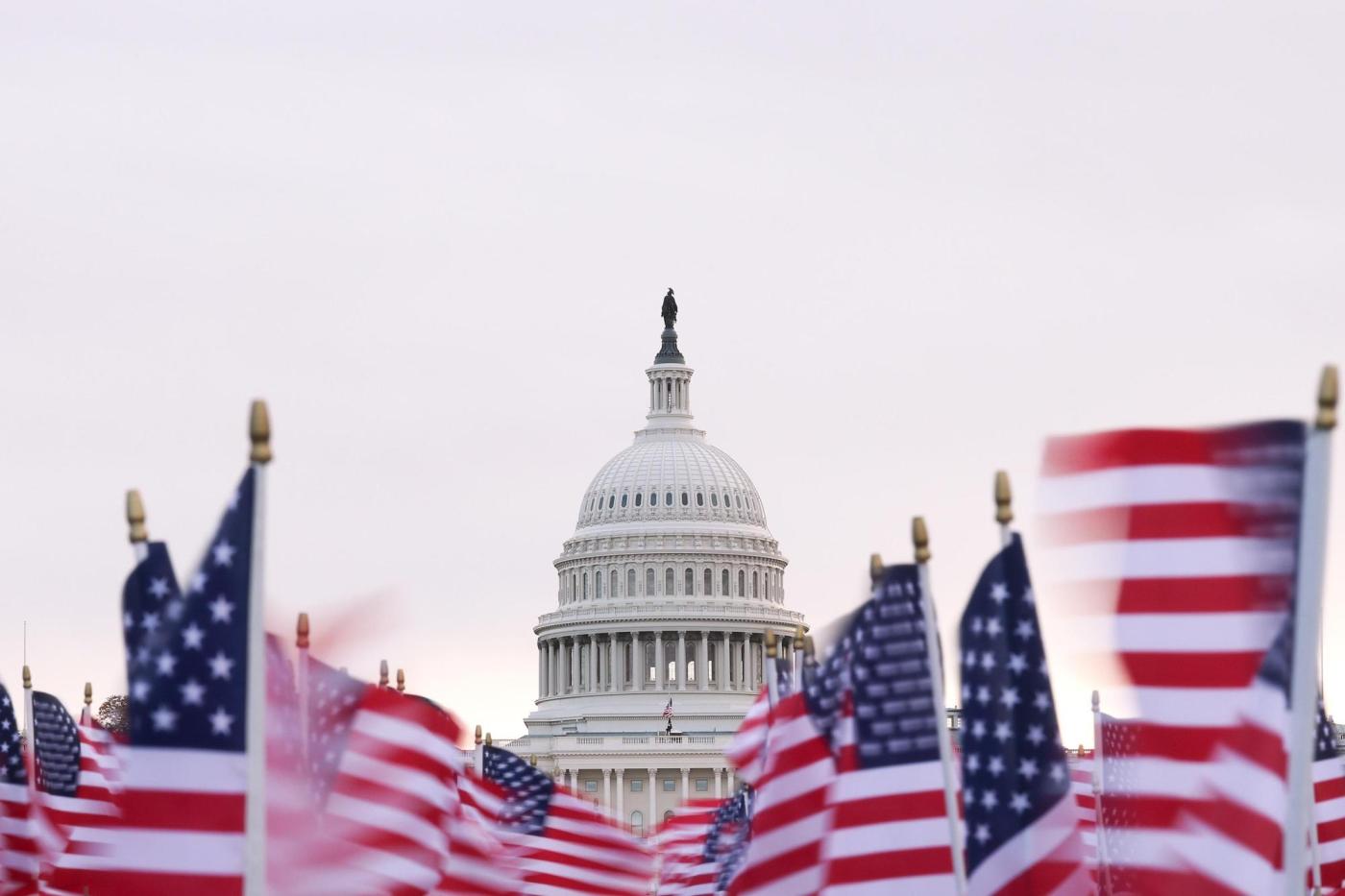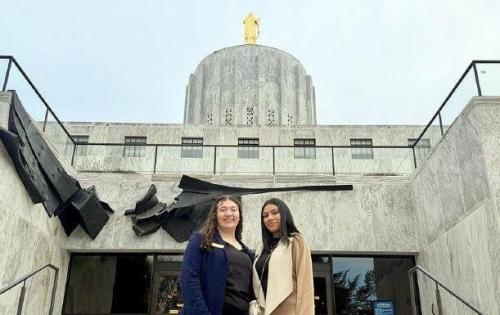UPDATE: As the longest government shutdown in recent history begins to wind down, the future of the Senate filibuster hangs in the balance. Recent frustrations among Republicans have intensified calls to abolish this longstanding procedural rule, which requires a supermajority of 60 votes to end debate on legislation.
With Republicans controlling both chambers of Congress and the White House, the blame game is in full swing. Following a dismal performance in last week’s elections, President Biden openly urged party leaders to “TERMINATE THE FILIBUSTER!” in efforts to push through their legislative agenda.
Many within the Republican ranks are drawn to this idea, believing it would allow for a swift passage of key initiatives like tax cuts and immigration reforms. However, party leadership warns that eliminating the filibuster could lead to more harm than good, risking legislative stability and empowering more extreme policies.
“Eliminating it would run the risk of destabilizing governance,” a senior Republican strategist stated. “We need to consider the broader implications of such a move.”
The filibuster has been increasingly criticized for being weaponized to stall essential legislation, effectively creating a scenario where a supermajority is needed even for routine Senate functions. In response, lawmakers have already established various exemptions, including those for budget reconciliation.
As the debate intensifies, some experts advocate for reforming the filibuster instead of outright abolition. Proposals include requiring senators to maintain continuous debate on the floor or gradually reducing the cloture threshold from 60 votes to 55 votes.
With the political landscape deeply polarized, the potential for rapid swings in legislative priorities could create an environment where major policies flip every few years. Critics warn that this cycle would further entrench division and instability in governance.
While the filibuster has faced scrutiny for abuse in recent years, the solution may lie in reform rather than elimination. As James Madison articulated in 1787, the Senate should provide “coolness, system, and wisdom” to the legislative process, virtues that may be jeopardized without careful consideration.
The outcome of this debate could significantly reshape the legislative environment in Washington and has profound implications for both parties as they navigate their future agendas. Observers are urged to stay tuned as developments unfold in the coming days.
The urgency of this matter is heightened by the fact that Congress is now faced with the task of tallying the costs and repairing the damage from the shutdown, making the resolution of the filibuster a critical issue for lawmakers.
As discussions continue, the stakes have never been higher. The potential for sweeping changes in legislative power dynamics is on the horizon, and the nation watches closely.







